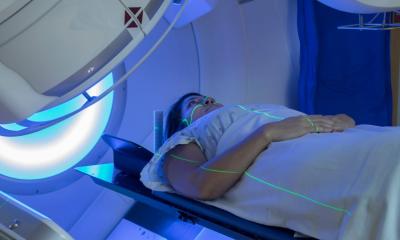Politics
Better Healthcare For Europe: COCIR releases its recommendations
The best time for action is now!
Today, COCIR releases its recommendations for the EU institutions on how to improve healthcare in Europe, promoting the importance of the medical technology sector in driving efficiency and productivity of healthcare systems, and in helping to boost the EU economy.
This call for action comes at a critical moment, with the new European Parliament is kicking off its activities. The new Commission, headed up by President Juncker, will be taking office in five weeks, provided the candidate Vice Presidents and Commissioners are confirmed after public hearing at the European Parliament starting this week.
Nicole Denjoy, COCIR Secretary General, says, “By working together, across the EU Institutions and in partnership with business, patients, healthcare providers and professionals, the EU has the opportunity to reshape its health and healthcare systems and make it an essential building block for a competitive Europe by 2020.
COCIR wants the EU Institutions and EU Member States to act and focus their efforts in healthcare and especially to:
1. Boost the EU economy by investing in healthcare
2. Use technology to improve access and efficiency
3. Adopt and deploying eHealth solutions
4. Use data smartly
5. Tackle chronic diseases
6. Drive better regulations to ease market access
Nicole Denjoy, adds, “COCIR and its members are dedicated to improving access to affordable, safe and quality healthcare. We believe this is the right time for the EU institutions, together with key stakeholders, to move towards a more sustainable healthcare system with the support of innovative technologies. These targeted actions will not only improve healthcare delivery, but help the EU’s economy to remain competitive”.
Press release: COCIR
08.10.2014





